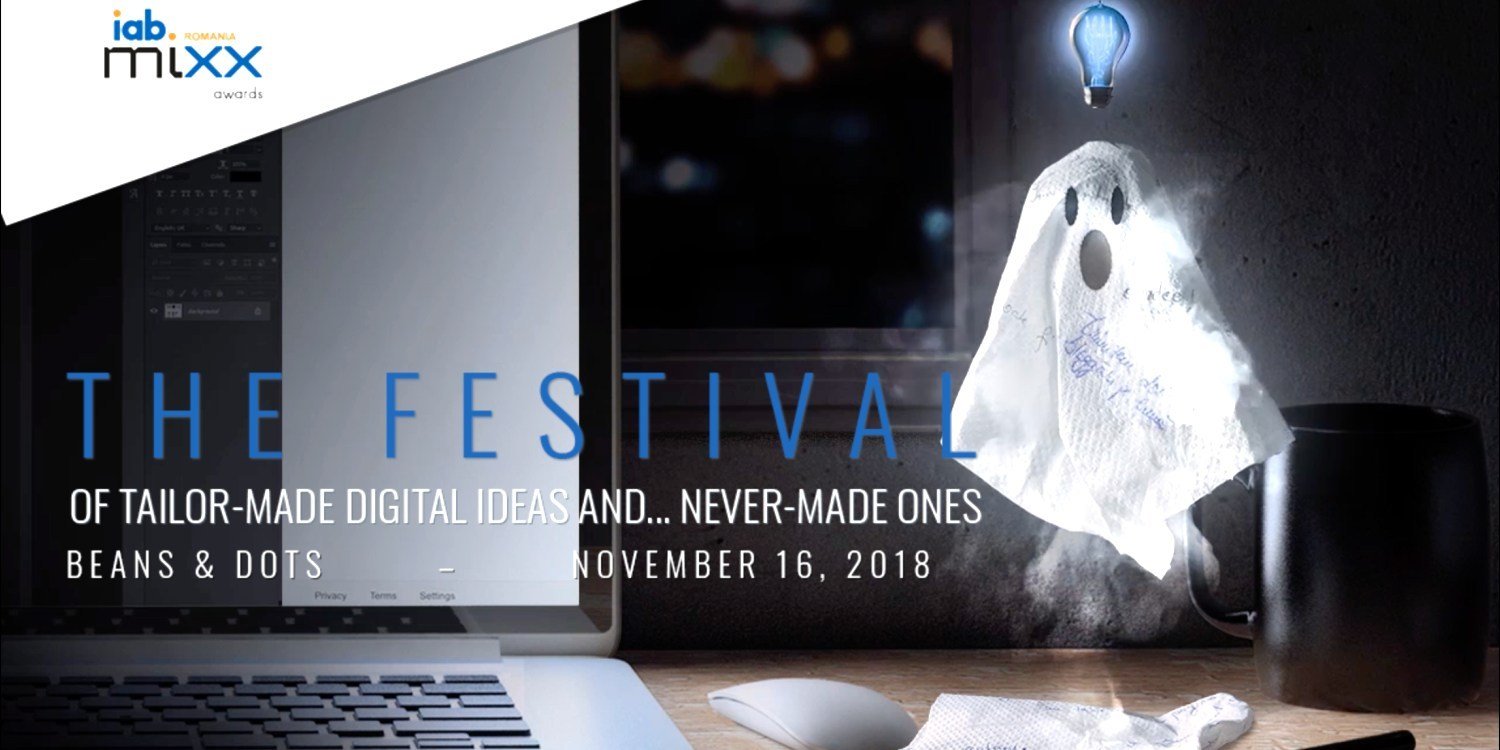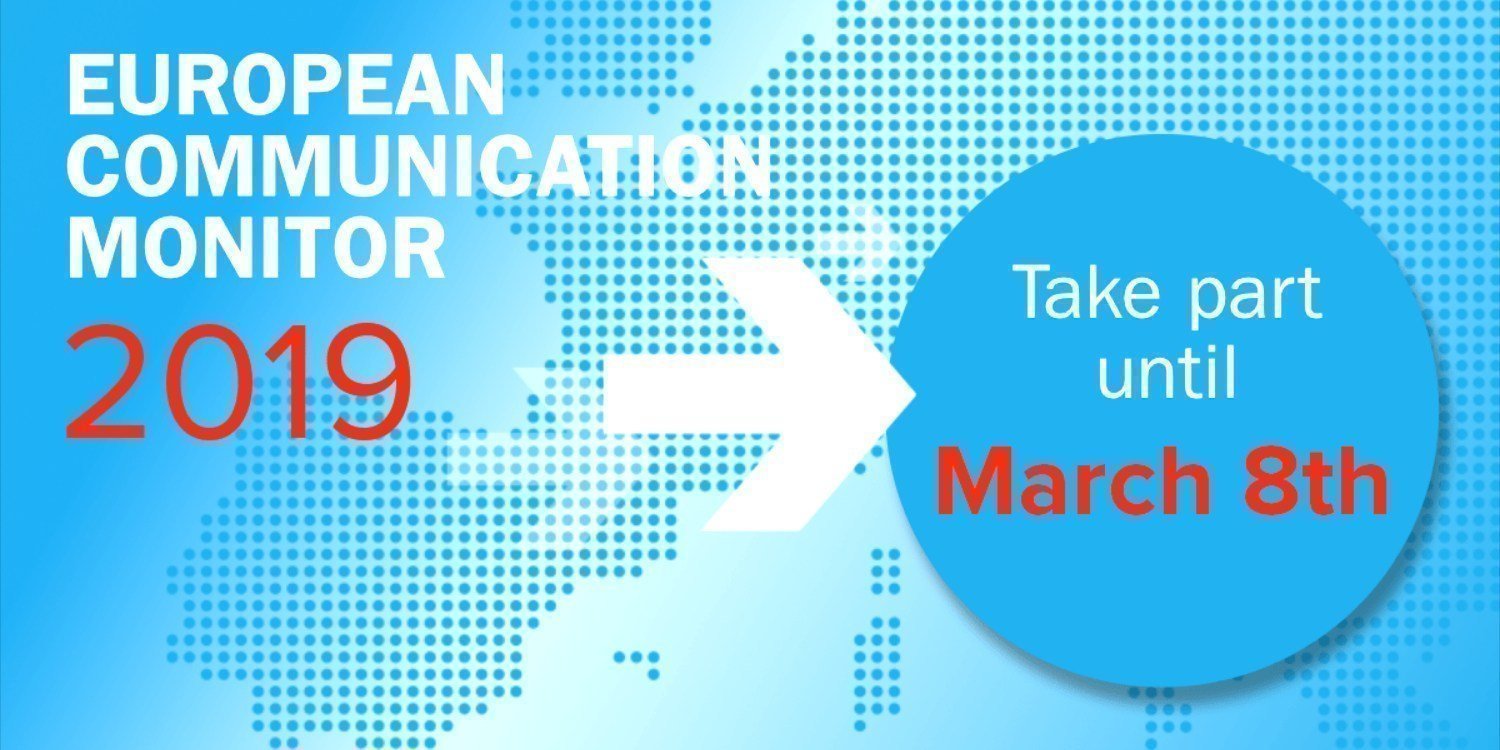
It’s been a while since I last attended a course, yet the Digital Strategies for Business Course taught by Prof. David Rogers from Columbia Business School got my attention and I decided to enrol.
Across the years I had many talks with friends and colleagues in the digital industry about how can technology can help transform a business regardless of its industry. We tackled a lot of topics and shared many lessons learned from our own experience. It was great, yet I felt the need to also gain some more insights and hopefully some kind of useful frameworks.
Digital strategies for business
Digital Strategies for Business: Leading the next-generation enterprise, focuses on how managers can innovate new strategies and business models to enable their organisation to thrive in the digital age. Case studies feature both digital trailblazers as well as traditional enterprises that are adapting to the digital age. As underlined on Emeritus website, the key learning themes of the course include:
- Understanding Digital Customer Behaviours
- Platform Business Models
- Big Data & How to Build Data as a Strategic Asset
- Innovation through Experimentation: AB Tests and Minimum Viable Products
- Translating the Lean Startup to Enterprise Scale Innovation
- Mastering Disruptive Business Models
Looking at the 13 modules of the course it feels to me it’s a quite comprehensive course for anyone interesting to develop a career in this area, but also a good opportunity for those who have hands-on or real-life experience in building digital businesses, yet never have proper theoretical training.
Among the well-structured topics tackled in this course, I’ll only mention few of them that especially caught my attention: platform business models, digital customer behaviour, managing data as a strategic asset, innovation through experimentation (AB test and Minimum Viable Product), translating the lean startup model to enterprise-scale innovation, surviving the competitor’s disruptions, leadership and customer value imperative frameworks.
Learning, investment and effort …
The online course takes 2 months of learning and writing assignments. It is estimated that students will need to invest 2-4 hours per week, yet in my experience, the real amount of time is always higher.
- Course start date — January 24, 2017
- Syllabus — 13 modules; for more details, visit course presentation; you can also register online to receive it by email;
- Content and structure — 158 video lectures, 18 assignments, 15 discussions, 1 survey and 1 case study;
- Course fees — USD 900.
At the end of the course, students will receive a graduation certificate issued by Columbia Business School & Emeritus Institute of Management.
Prof Rogers, Faculty Director at Columbia Business School, is globally recognized as a leader on brands and digital business strategy. There’s also a nice video presentation of the digital strategies for business course done by Prof. David Rogers you can watch.
Obviously, I looked for similar online courses, but I was not able to find something so specific as the one at Columbia Business School. Most of the ones I’ve found focus on pure digital marketing. I also tried to get some reference from people I know who went to Columbia and the feedback was extremely encouraging.
Considering for 2017 …
In my opinion theory and practice make the best mix for preparing for building any successful projects regardless of your type of business, so I’m currently considering taking the Digital Strategies for Business: Leading the next-generation enterprise course.
Over the last 15 years, I’ve witnessed organizations in different industries trying to cope with the challenges of how to adapt and transform to thrive and succeed in the digital economy. It’s not an easy journey, so taking such a program might help you to become an effective leader in the digital age.



